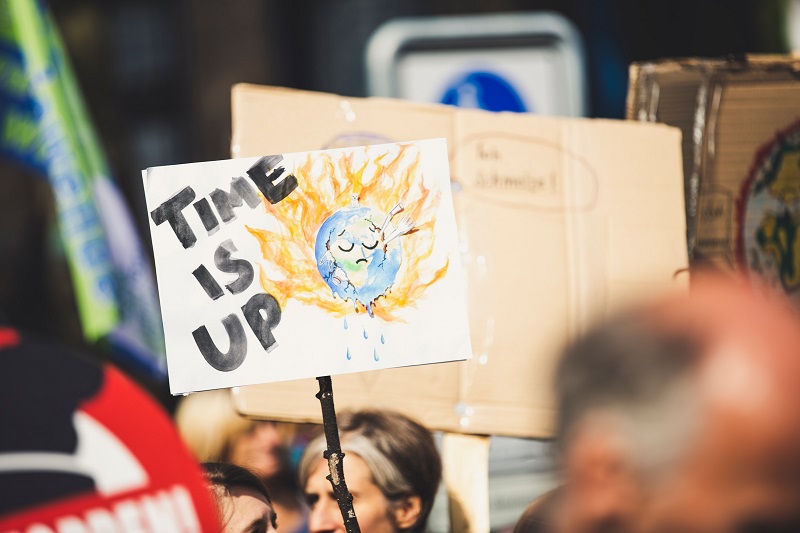
Different Ways Climate Change Affects Health – And How To Shield Yourself
Climate change has profound effects on human health, leading to a range of physical, mental and social impacts.
It disproportionately affects marginalised populations, worsening existing health inequalities. Therefore, comprehensive strategies that prioritise the well-being of vulnerable communities, enhance adaptation measures, and mitigate emissions are necessary.
Ways Climate Change Affects Health
Rising temperatures contribute to a number of heat-related illnesses, such as heatstroke and heat exhaustion, particularly affecting the world’s poor.
Fluctuations in precipitation patterns facilitate the spread of several vector-borne diseases like malaria, dengue and Lyme disease – spreading into previously unaffected areas.
Drop in air quality from pollution and increased wildfires damages the airways and induces or aggravates asthma, and exacerbates chronic lung disorders such as bronchitis and emphysema.
Keep Reading
Climate change also contributes to waterborne diseases, food insecurity and malnutrition through disruptions in water availability and food production.
Increased natural disasters and eventual displacement put an immense impact on mental health, leading to stress, anxiety and depression.
According to Dr Aniket Mule at Wockhardt Hospitals in Mira Road, rising temperatures may rob people of 50 to 58 hours of sleep each year.
Scores of allergy sufferers are raising concerns over the allergy season lengthening and their allergies worsening – as warmer temperatures cause plants to generate more pollen.
How To Protect Your Health
According to Dr Ravi Gaur, Chairman at Unipath Specialty Laboratories in Ahmedabad and Founder & Director at DRG Path Labs in New Delhi, human bodies are used to a certain climate and seasonal transition, but the recent disturbances end up confusing us.
The climate emergency is one of the key risk factors a majority of doctors consider while treating their patients for certain health conditions, he added.
Use of air conditioners can create a false sense of security, Dr Gaur continued, advising people to stick to natural surroundings more than artificial ones.
He also highlighted the importance of strong immunity while dealing with the adverse effects of climate change, asking all to hydrate well, meditate, take adequate sleep, use stress management techniques, exercise, and invest in a healthy diet.




